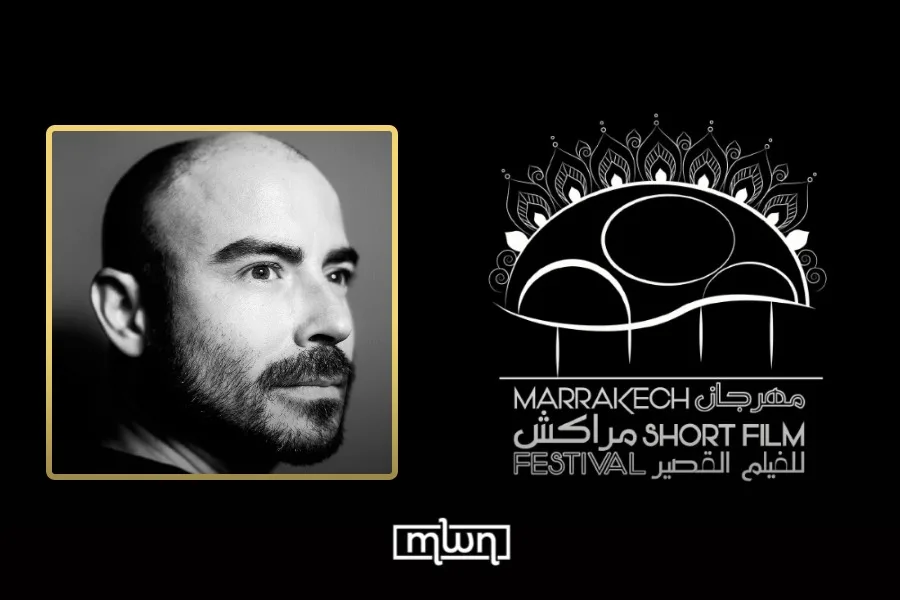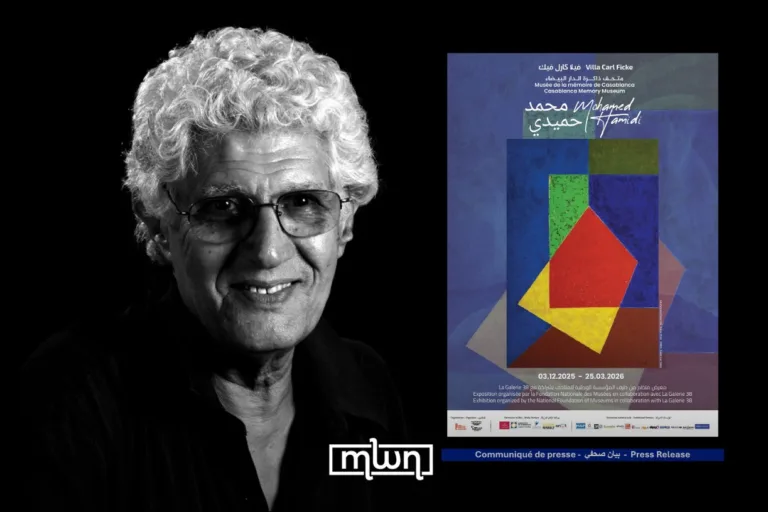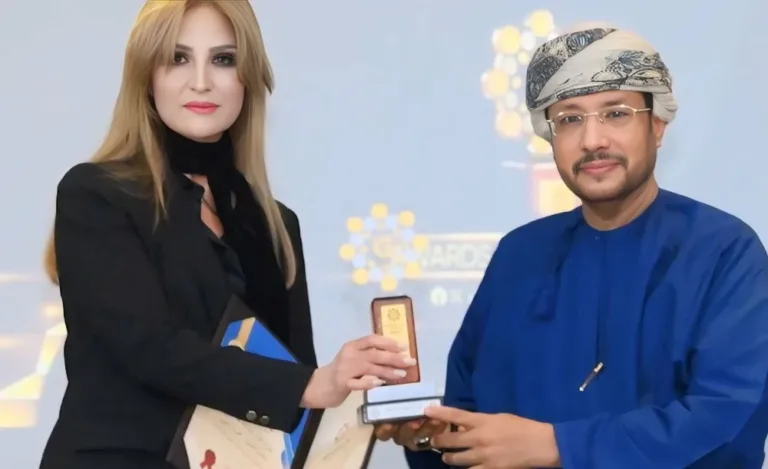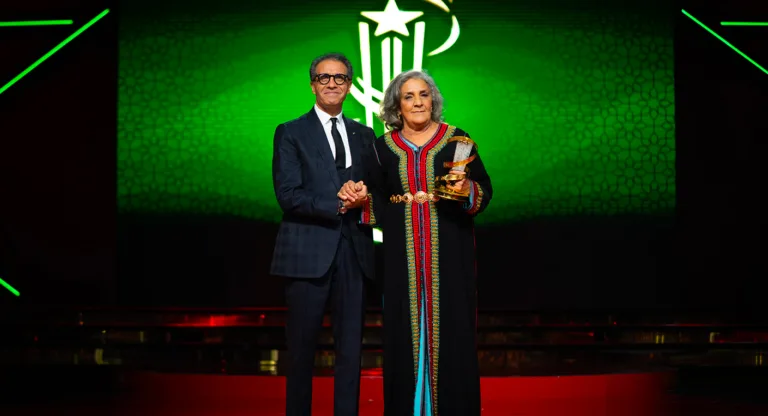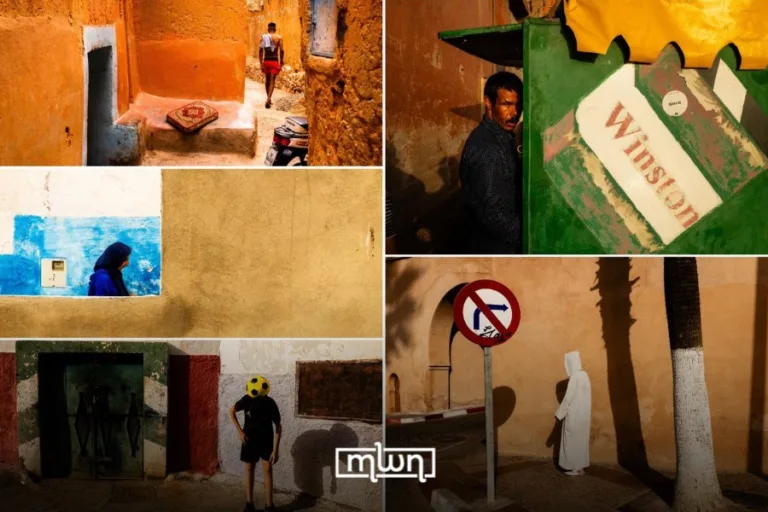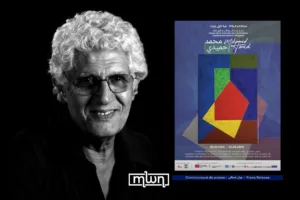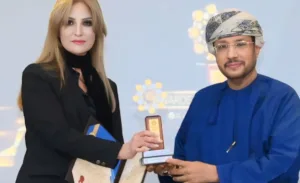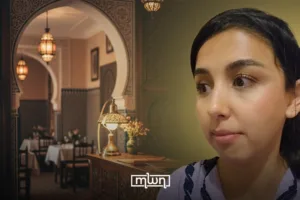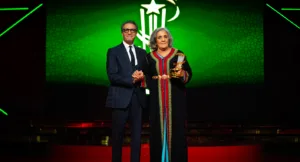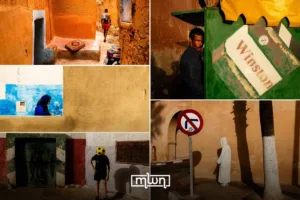Rabat—In the world theater of cinema where countries introduce not only their art, but themselves, El Salvador has been more of a faint whisper at this year’s Marrakech Short Film Festival (MSFF). The Central American country has been shining over the past days as the festival’s guest of honor, introducing its burgeoning film industry to a whole new audience.
While nations like Mexico, Brazil, or Argentina have already established cinematic traditions that are transnational in nature, Salvadoran cinema remains without its footprint. Gianfranco Castaneda, filmmaker, cultural activist, and educator, has set out to change this. Boasting a Master’s degree in Film Production from Spain and Diploma in Applied Arts for Society from Brazil, and many years of experience living and working in six countries, he has a global perspective that now fuels his home-grown endeavor: to help create a sustainable audiovisual industry in El Salvador.
Film-making is not so much a creative alternative but an obligation to Gianfranco. “A country that does not have cinema is like a family that does not have photographs,” he argues, adding that there aren’t film archives depicting Salvadoran lives, hopes, and sufferings. “Whereas we do have notable documentary filmmakers, there remains a lot to be done and a great many stories to be told.”
Gianfranco’s presence at this year’s MSFF is therefore more than a career highlight; it is an exercise in cultural presence, a way of opening a window onto Salvadoran identity and history.
Building foundations in a fragile industry
Gianfranco is fully aware of the challenges of filmmaking in El Salvador. The infrastructure is lacking, the funding scarce, and the support structures dormant. Yet instead of waiting for an industry to emerge, he has gone about building one brick by brick.
“I needed to become what I’ve always searched for in my country: a person capable of promoting and making cinema so it could reach other eyes worldwide,” he declares. His initiative has a twofold strategy: marketing the movies of native filmmakers abroad while also exploring co-productions and finance opportunities that can lead toward sustainable expansion.
“Accessing funding here is difficult or impossible,” he concedes. “So I suppose these ventures will introduce me to an alternative path or to someone who can ensure there is a sustainable business in El Salvador.” It is a pragmatic but hopeful approach, one that brings artistic ambition together with realistic networking.
Teaching the next generation
Aside from his foreign works, Gianfranco has also invested heavily in education. As a professor of film basics at MARTE and COMSAL, he believes that teaching is not only about disseminating knowledge, but also — and perhaps most fundamentally — about community-building. “The more we are as people in the audiovisual industry, the more we will fight to make an industry survive,” he insists.
He speaks of often reminding his pupils that film is all about teamwork. “Artists are egotistical, and I understand, because they want to be special and different. But cinema is a collaborative medium, and based on the film, it requires an army of people.” To would-be Salvadoran filmmakers who can’t afford to leave, his classrooms are more than technical training, they are discussion rooms, spaces to fantasize what a national cinema could be.
Cinema as Culture, Economy, and Identity
Gianfranco’s cinematic philosophy transcends aesthetics. “Film can be a tool as well as a weapon,” he says. To him, it is culture, education, tourism, preservation of the past, economy, and industry all in one. He underlines the social and economic potential of filmmaking, pointing out how the medium generates jobs, sustains other arts, and is a contribution to national identity.
This broad view leads him to a theatrical metaphor. “In Latin America, everybody speaks about the ‘American Dream,’ something which has motivated Hollywood movies and their narratives,” he declares. “I feel that we can also fulfill the ‘Salvadoran Dream,’ and each country can fulfill its own.” With this, Gianfranco hopes to redesign cinema in his country not only as a means of entertainment but also as a force for collective wish.
Overcoming doubts, Choosing cinema
Despite his enthusiasm for this endeavor, Gianfranco admits that the path is not easy. Independent filmmaking sometimes brings rejection, limited budgets, and self-sacrifices. “Cinema is for everyone, but not every individual is made for cinema,” he explains, referring to the passion and endurance needed for the job. Nevertheless, even during moments of doubt, he finds illumination. “Recently I’ve questioned myself why I continue to try to make films, why I became a filmmaker? But I’ve come to the conclusion that it was cinema that chose to pick me up.”
From San Salvador to Marrakech
In Marrakech, Gianfranco will bring Salvadoran voices to the rest of the world. Among directors from around the world, he views the event as a reloading and learning experience. “Meeting other combatants and avid writers will be rewarding in all ways, a refueling of the batteries to keep on doing this,” he says. “I know I’ll learn much from all the participants, and hope to show the talent of my fellow countrymen and share my experience from the opposite corner of the globe.”
Gianfranco hopes his Marrakech experience will stimulate future collaborations, create trust in Salvadoran storytelling, and lay seeds that will result in a strong cinema movement back home. “I hope my experiences and love for this art can plant seeds in others to harvest new tales together.”
Toward a Salvadoran dream
He aspires to bring to Marrakech not a film or a speech, but a vision. His story is one of connecting worlds, connecting classrooms to festivals, and making cultural exchange tangible possibilities. By exporting Salvadoran film to the globe, he not only raises its profile but reminds his native country of the urgent necessity to build an industry from the ground up.
Because to him, at the end of the day, film is not only an art, it is a mirror, a language, and a dream. And he wants to use the unique platform of MSFF, an increasingly respected broadcaster of the voices, concerns, and vision of talented but marginalized voices, to tell the story of the El Salvadoran dream and resilience.

